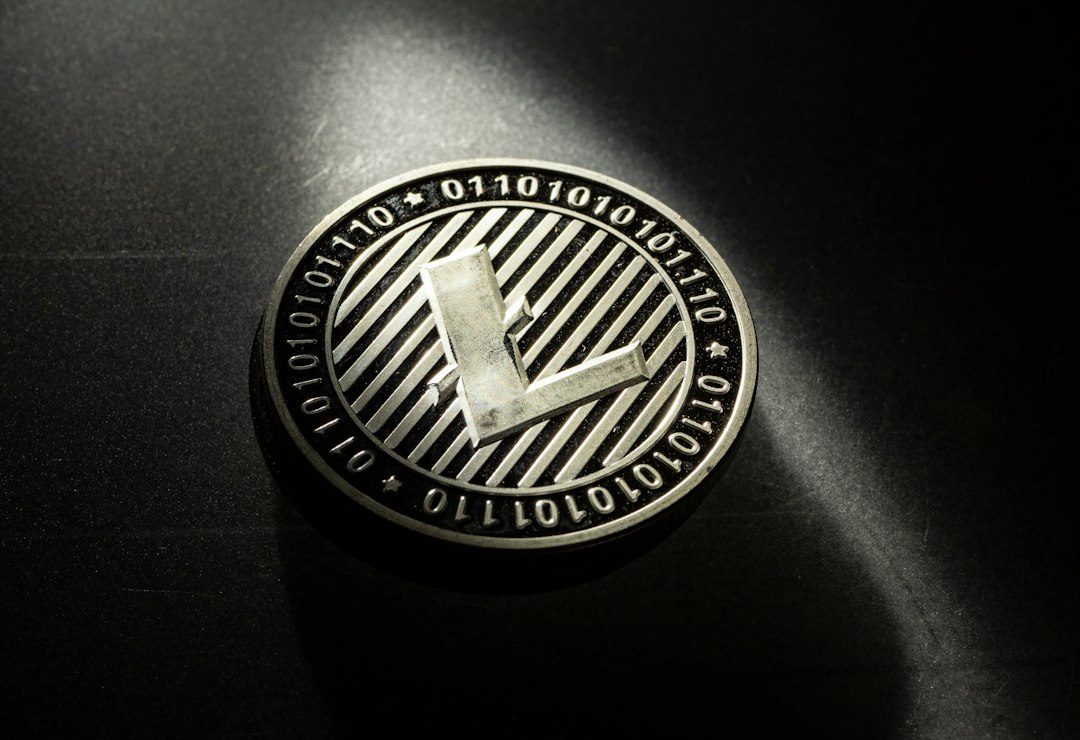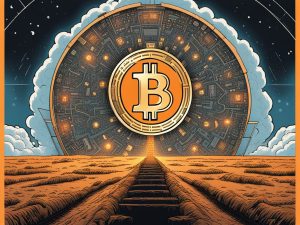The Changing Landscape of Blockchain Gaming
Over the past two years, the blockchain gaming sector has faced significant transformations and challenges. Many games in this industry have been halted or ceased development by their creators, with a noticeable trend of games switching to different blockchain networks.
The Financial Aspect of Blockchain Games
A recent report by Game7, a decentralized autonomous organization (DAO) advocating for blockchain gaming, revealed that financial struggles have led to the halt of development in many games, particularly those established pre-2021. Most blockchain games come from small studios, with larger studios being less affected due to their substantial funding. The bear market has also impacted the entire crypto industry, not just the Web3 sector.
Increasing Competition and Network Preferences
Competition in the blockchain gaming landscape is on the rise due to an increase in gaming-focused blockchain networks. The number of these networks has increased from 37 in 2022 to 53 in 2023. Ethereum Virtual Machine (EVM) remains the most popular network for blockchain games, followed by Solana’s virtual machine.
Game Migrations and Reasons Behind Them
In 2023, a significant number of games have migrated to different networks due to various reasons such as scaling issues and high operational costs. Some games have moved from layer-1 to layer-2 networks for improved player engagement and cost reduction.
Pirate Nation’s Funding and Autonomy
Proof of Play secured $33 million in funding for new games with a focus on showcasing Pirate Nation as a “Forever Game” capable of functioning autonomously without external intervention.
Differentiating Arbitrum and Polygon
Polygon operates as a multi-chain system offering flexibility, scalability, and lower transaction fees compared to Ethereum’s mainnet. On the other hand, Arbitrum is a layer-2 scaling solution that uses Optimistic Rollup technology to improve scalability and efficiency while leveraging Ethereum’s security.
Hot Take: The Future of Blockchain Gaming
The landscape of blockchain gaming is evolving rapidly, influenced by financial challenges, competitive pressures, and market dynamics. As developers continue to navigate these changes, the direction of the industry will be shaped by their decisions.





 By
By
 By
By
 By
By
 By
By
 By
By
 By
By